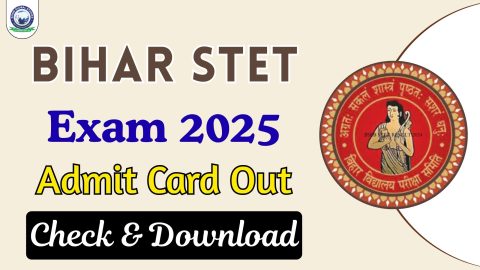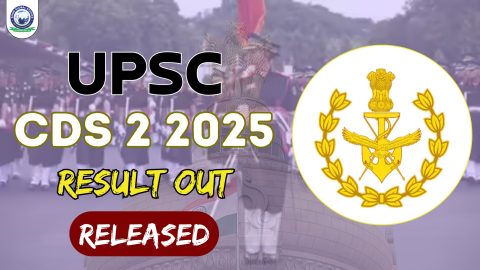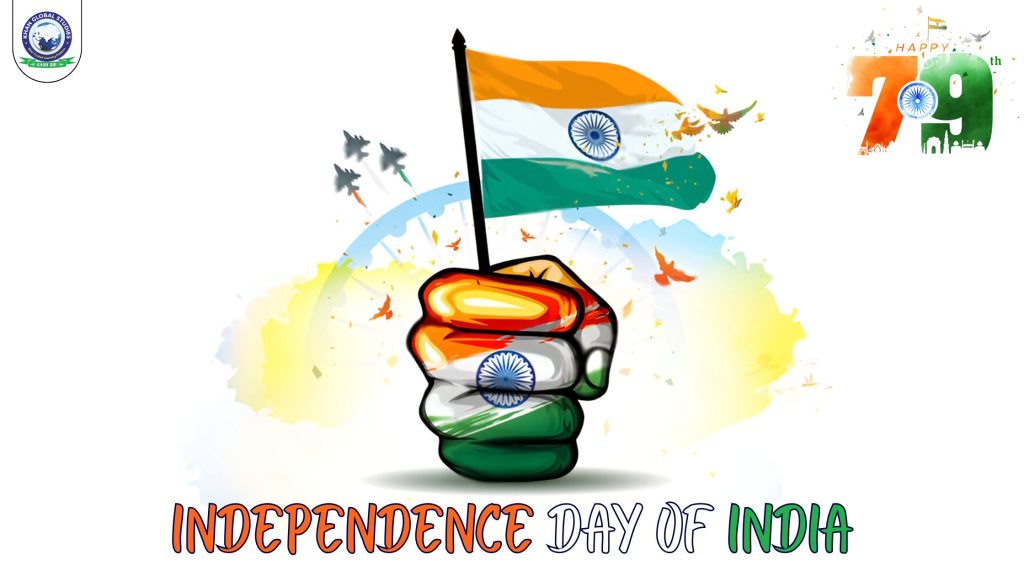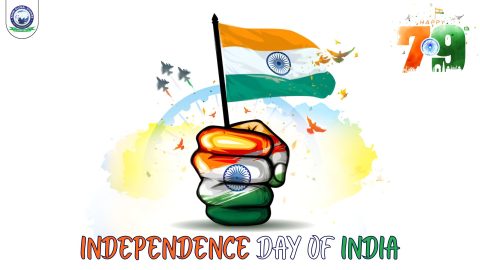Every year on 15 August, the people of India come together to celebrate Independence Day, marking the nation’s liberation from British colonial rule in 1947. It is not just a public holiday, but a moment to remember the sacrifices made by countless freedom fighters and leaders who devoted their lives to securing India’s sovereignty.
Historical Background of Indian Independence
India’s journey to freedom was a long and challenging one. For nearly 200 years, the British governed India, bringing changes in administration, economy, and society but also imposing restrictions and injustices that fueled public resentment.
The Indian independence movement gained momentum in the late 19th and early 20th centuries. Leaders like Mahatma Gandhi, Jawaharlal Nehru, Subhas Chandra Bose, Sardar Vallabhbhai Patel, and many others played crucial roles in mobilizing people across regions, religions, and languages.
Key movements such as the Non-Cooperation Movement (1920), Civil Disobedience Movement (1930), and the Quit India Movement (1942) were pivotal in weakening British control. Finally, after years of struggle, negotiations, and sacrifices, the Indian Independence Act was passed in July 1947, granting India freedom on 15 August 1947.
Why 15 August Was Chosen
The date of 15 August was selected by Lord Mountbatten, the last British Viceroy of India, as it coincided with the second anniversary of Japan’s surrender in World War II. This day became a symbol of both victory and liberation.
The Partition of India
While independence brought joy, it also came with the pain of Partition, leading to the creation of India and Pakistan as separate nations. This division caused large-scale migrations, violence, and loss of life, making Independence Day a reminder of both achievement and sacrifice.
Significance of Independence Day
Independence Day is not merely a historical event—it is a celebration of unity, democracy, and self-determination. It reminds citizens of their rights, responsibilities, and the importance of preserving freedom. It is a day to honor the valor of soldiers, the dedication of leaders, and the spirit of every Indian who contributed to nation-building.
How Independence Day is Celebrated Across India
Flag Hoisting Ceremonies
The most prominent event takes place at the Red Fort in Delhi, where the Prime Minister hoists the national flag and delivers a speech highlighting the country’s progress and future goals.
Parades and Cultural Programs
Schools, colleges, and community groups organize various parades, cultural performances, and patriotic songs. Folk dances, traditional music, and drama performances portray India’s rich cultural heritage.
Tribute to Freedom Fighters
Statues and memorials of national leaders are adorned with flowers, and tributes are paid to martyrs who laid down their lives for the nation’s independence.
Patriotic Decorations
Public places, homes, and offices are decorated in saffron, white, and green, symbolizing the colors of the Indian flag. Kite flying is also a popular tradition in some states.
Independence Day in the Modern Era
Today, Independence Day is also a time to reflect on the nation’s progress in science, technology, education, and defence. Digital celebrations, live broadcasts, and social media campaigns allow people from all over the world to join in.
The day is not only about remembrance but also about renewing our commitment to building a strong, inclusive, and prosperous India.
Global Observance by the Indian Diaspora
Indian communities around the world celebrate Independence Day with flag hoisting, cultural programs, and exhibitions. From the USA to Australia, these events strengthen ties between Indians abroad and their homeland.
Interesting Facts About India’s Independence Day
- First Prime Minister Speech: Jawaharlal Nehru’s famous “Tryst with Destiny” speech was delivered on the midnight of 14–15 August 1947.
- National Anthem Adoption: “Jana Gana Mana” was officially adopted as the national anthem in 1950.
- National Flag Design: The tricolor flag with the Ashoka Chakra in the center was adopted on 22 July 1947.
- First Independence Day Celebration: Held at the Red Fort with minimal ceremony due to the unrest caused by Partition.
Independence Day Quotes
- “Freedom was not free – it was paid for in blood, sweat, and sacrifice.”
- “Our flag does not fly because the wind moves it; it flies with the last breath of every soldier who died protecting it.”
- “Independence is not a gift we received once, it’s a responsibility we carry every day.”
- “We are free because they were brave.”
- “A nation’s strength lies not in its wealth, but in the love and sacrifice of its people.”
- “They gave their today for our tomorrow – never forget their sacrifice.”
- “Tricolour in the sky, pride in the heart, and unity in the soul – that’s India.”
- “Freedom is the oxygen of the soul, and India breathes it with pride.”
- “You can chain a man, but you can never chain a dream of freedom.”
- “The blood of our martyrs is the ink with which our freedom was written.”
Conclusion
India’s Independence Day is a powerful reminder of the struggles, sacrifices, and dreams that shaped the nation. It unites citizens in pride, hope, and determination to uphold the values of freedom.
As we celebrate each 15 August, let us honor the past, embrace the present, and work for a brighter future for generations to come.





